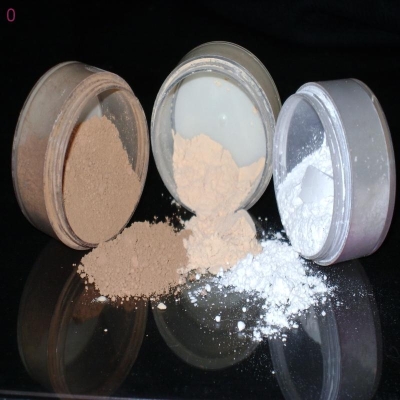-
Categories
-
Pharmaceutical Intermediates
-
Active Pharmaceutical Ingredients
-
Food Additives
- Industrial Coatings
- Agrochemicals
- Dyes and Pigments
- Surfactant
- Flavors and Fragrances
- Chemical Reagents
- Catalyst and Auxiliary
- Natural Products
- Inorganic Chemistry
-
Organic Chemistry
-
Biochemical Engineering
- Analytical Chemistry
- Cosmetic Ingredient
-
Pharmaceutical Intermediates
Promotion
ECHEMI Mall
Wholesale
Weekly Price
Exhibition
News
-
Trade Service
The UK will implement imported food inspection regulations that are independent of the EU assessment system, or reduce the frequency
of shrimp sampling from India.
EU Import Food Inspection Regulation Import Sampling Inspectionof shrimp sampling from India.
Since 2016, the European Commission has increased the frequency of inspections of farmed aquatic products in India on the grounds of eliminating antibiotics, heavy metals and other drug residues, with a sampling rate of up to 50%, and once the goods are rejected, the probability of re-shipment has risen to 100%.
On 1 January 2021, the UK officially left the EU, and after the transition period, the UK government grafted all EU legal provisions into its own regulations, including spot checks
on Indian shrimp.
But with adjustments to UK import regulations, some special measures could be overturned, meaning that Indian shrimp import inspections will apply the new rules
.
on Indian shrimp.
But with adjustments to UK import regulations, some special measures could be overturned, meaning that Indian shrimp import inspections will apply the new rules
.
Ivan Bartolo, adviser to Seafish UK, a british seafood market association, told UCN: "The UK is in discussions with the Indian authorities to study some inspection projects on imported shrimp, and the Ministry of Environment, Food and Rural Affairs will soon draw conclusions
.
We cannot guarantee that the inspection will be cancelled, but the UK will be independent of the EU assessment system
.
”
.
We cannot guarantee that the inspection will be cancelled, but the UK will be independent of the EU assessment system
.
”
Bartolo said the UK government is considering introducing a risk-based regulatory regime that will benefit from streamlining processes and digital management, with rules to be published
later this year.
later this year.
The so-called risk regime is broadly divided into the following two categories: factory-produced products will be classified as low-risk, live trade will be high-risk, and medium-risk will cover animal protein products, including frozen shrimp
.
Low-risk products will hardly face inspections, medium-risk products may face 5 or less inspection frequencies, and high-risk products will continue to face 100% inspections
.
.
Low-risk products will hardly face inspections, medium-risk products may face 5 or less inspection frequencies, and high-risk products will continue to face 100% inspections
.
Bartolo said the UK will roll out a new border control system at the end of the year, which will come into effect
next year.
The new regime was developed in conjunction with traders, port operators, businesses and business associations, and some traders with higher value and credibility would enjoy a simplified export health certificate system
.
However, the new regime may still impose special management measures on some products from specific countries, and caution will also be considered when distinguishing between seafood and meat risks
.
next year.
The new regime was developed in conjunction with traders, port operators, businesses and business associations, and some traders with higher value and credibility would enjoy a simplified export health certificate system
.
However, the new regime may still impose special management measures on some products from specific countries, and caution will also be considered when distinguishing between seafood and meat risks
.
According to Sylvie Coulon, an official at the European Commission's General Directorate of Health, India has made great strides in complying with EU food safety regulations over the past few years, but noted that there is still some room for
improvement.
In 2021, the European Commission issued 21 warnings for food products in India that do not meet food safety standards, down from 37 in 2018, of which 42% of rejected goods were crustaceans
.
The most irregular items were illegal drug residues, followed by heavy metal residues
.
Food Safety Law Food Safety Lawimprovement.
In 2021, the European Commission issued 21 warnings for food products in India that do not meet food safety standards, down from 37 in 2018, of which 42% of rejected goods were crustaceans
.
The most irregular items were illegal drug residues, followed by heavy metal residues
.
Coulon argues that the Food Safety and Standards Authority of India has a responsibility to draft some regulations on the addition of antibiotics to feed because farmers sometimes don't know they are using banned drugs
.
"As our commissioner has mentioned many times, food safety is a top priority
for the EU.
Of course, it's very challenging for many third countries, but I think they've made a lot of progress over the
years.
”
.
"As our commissioner has mentioned many times, food safety is a top priority
for the EU.
Of course, it's very challenging for many third countries, but I think they've made a lot of progress over the
years.
”







